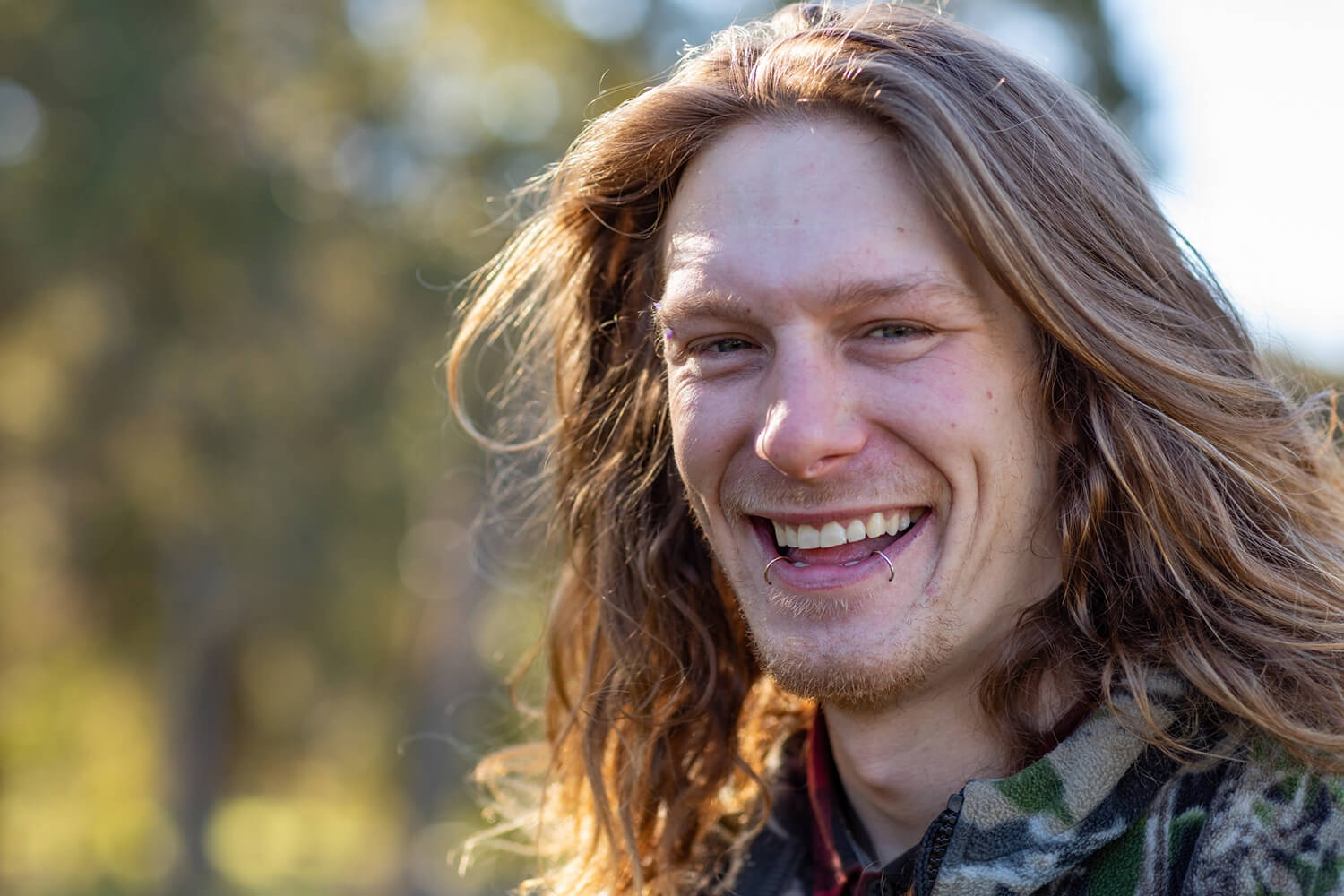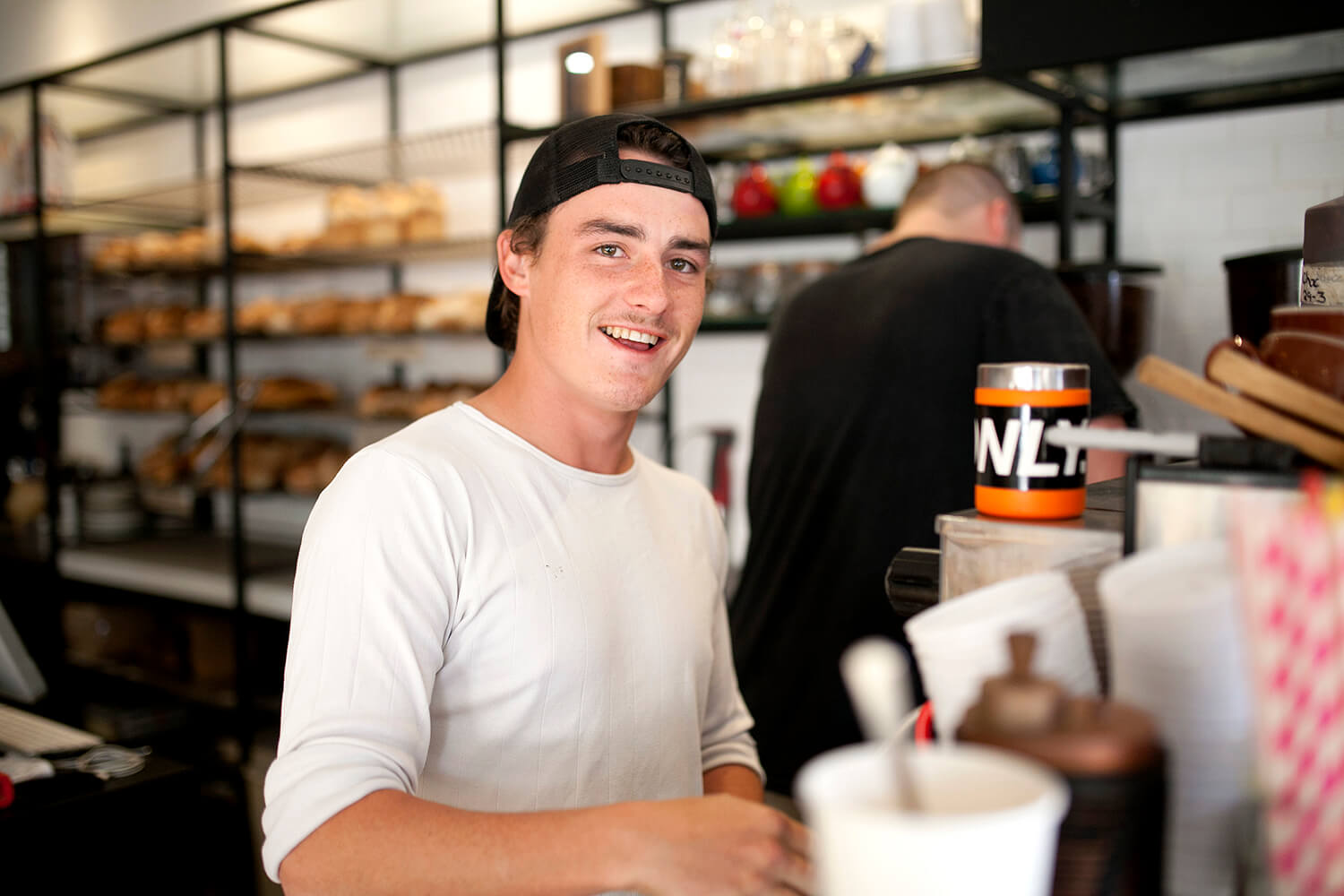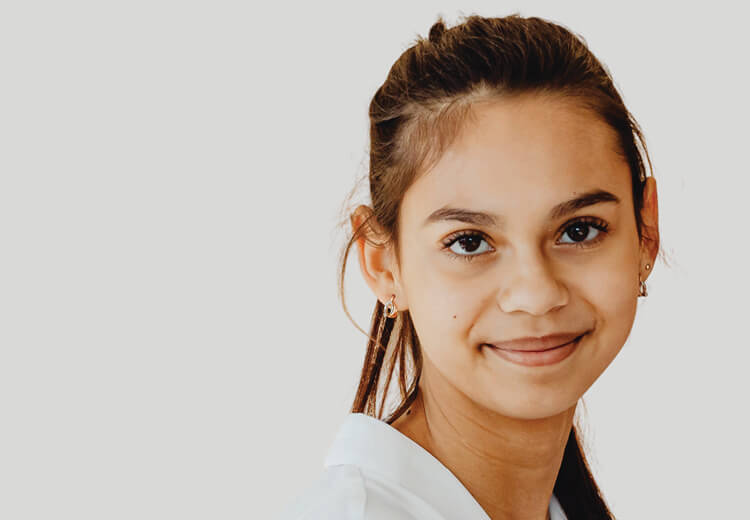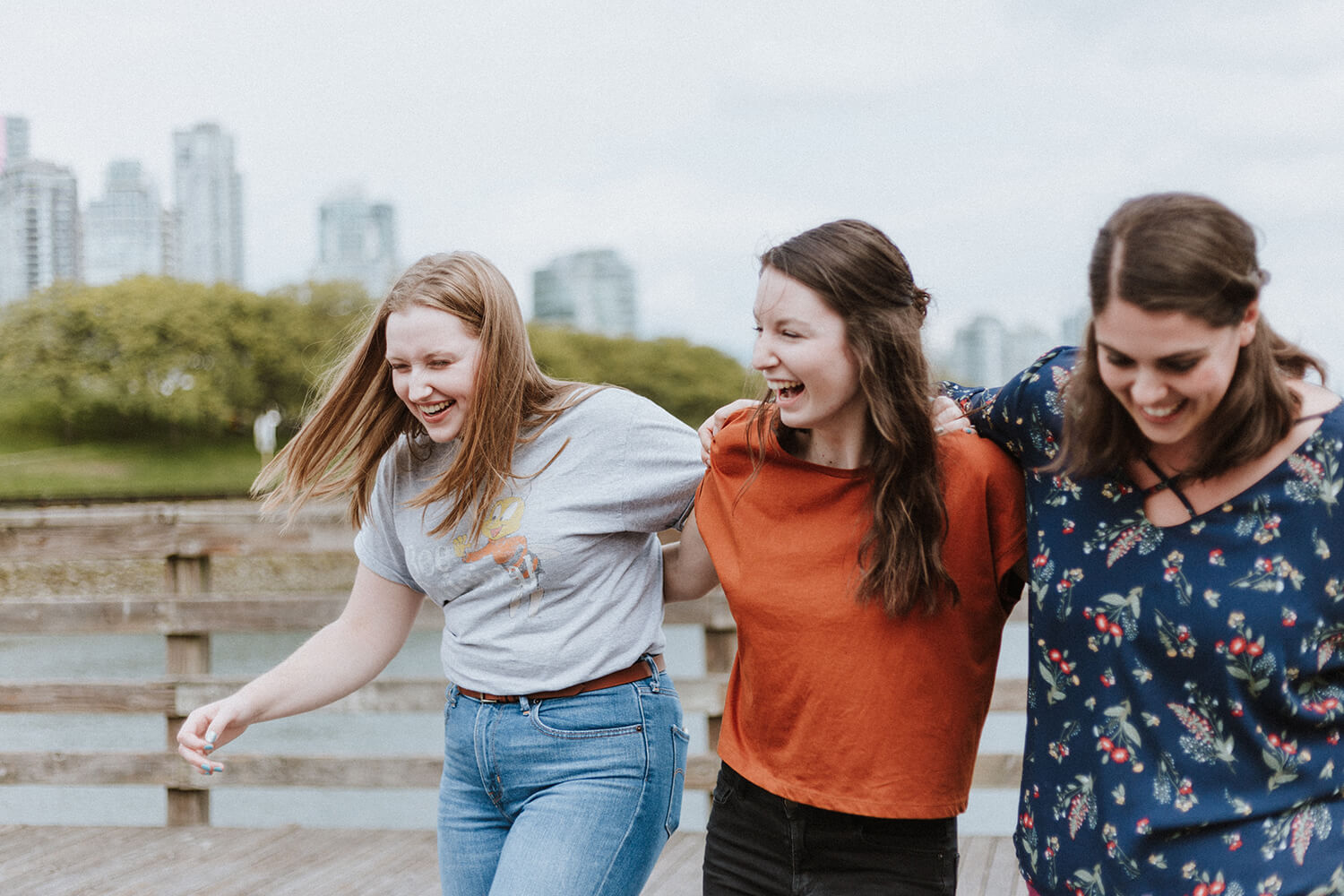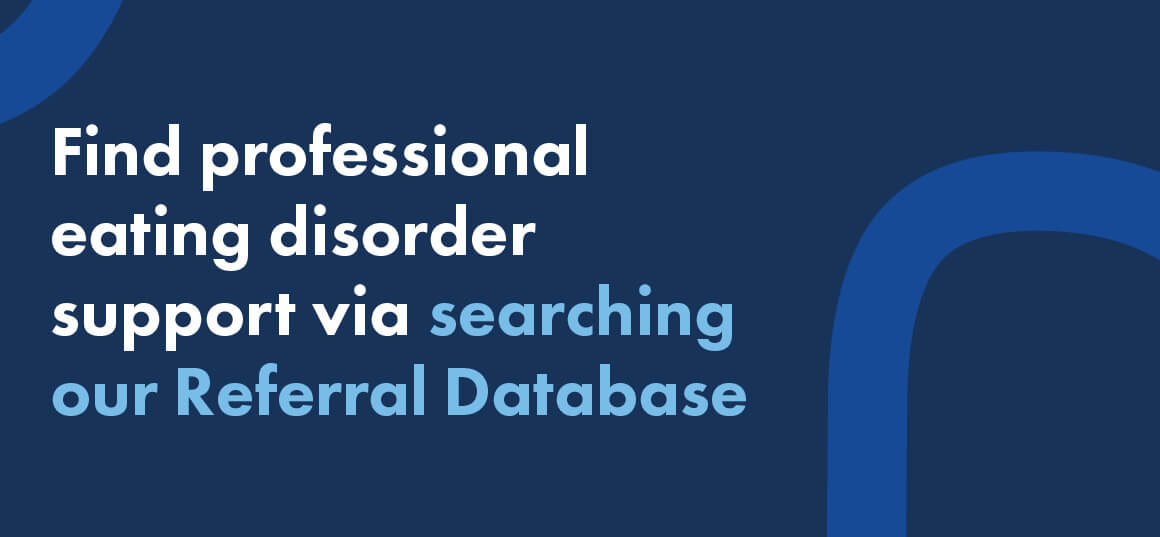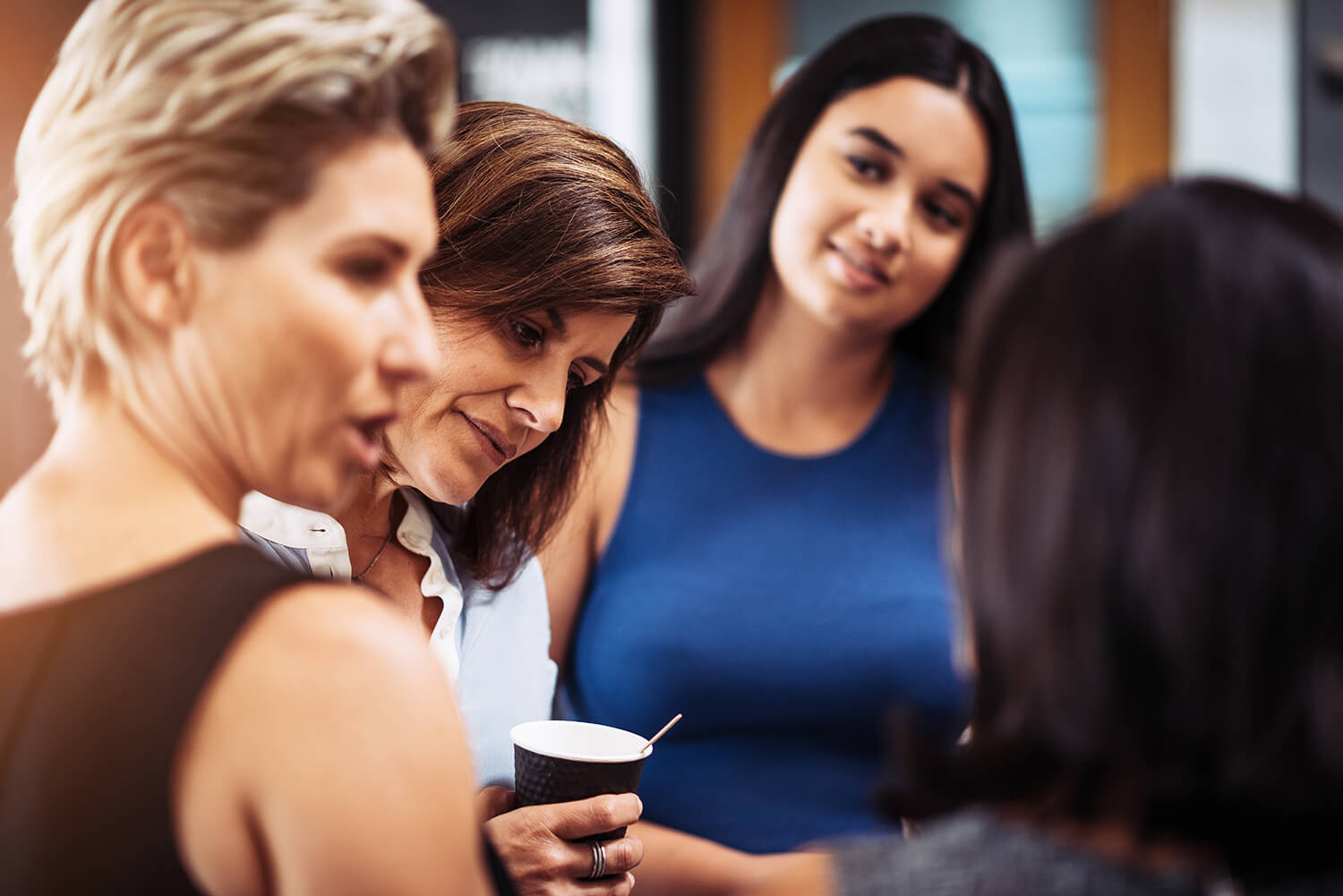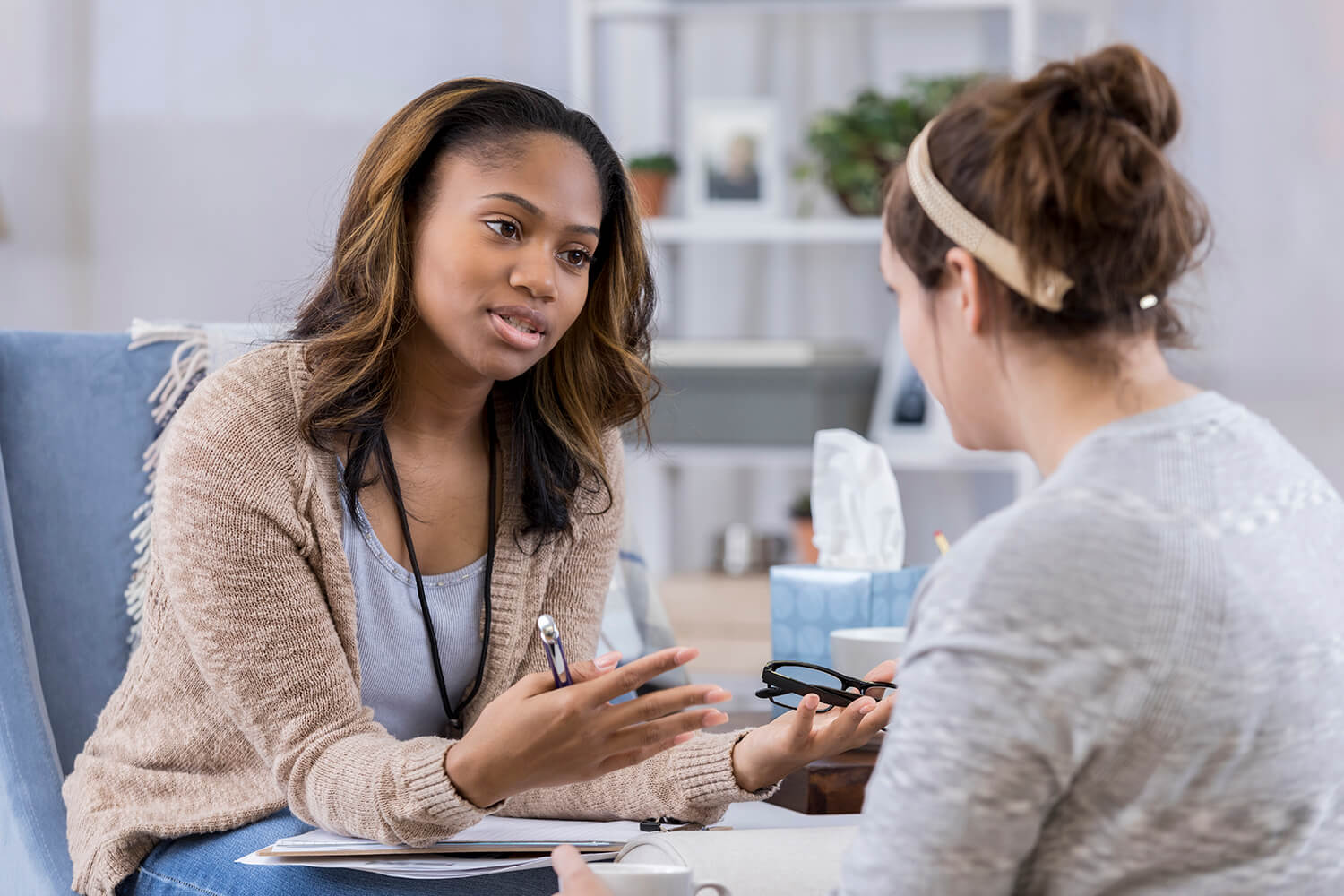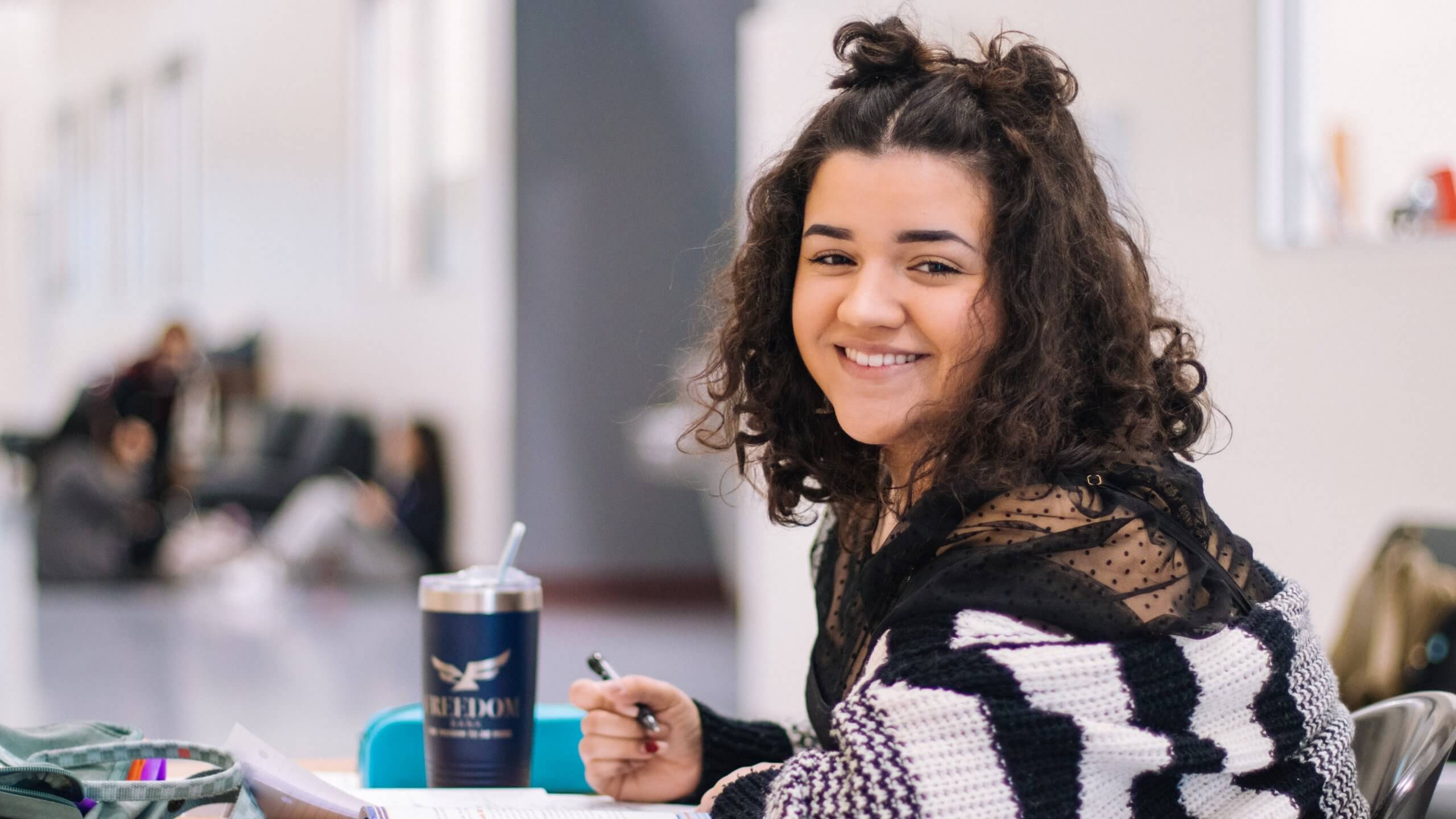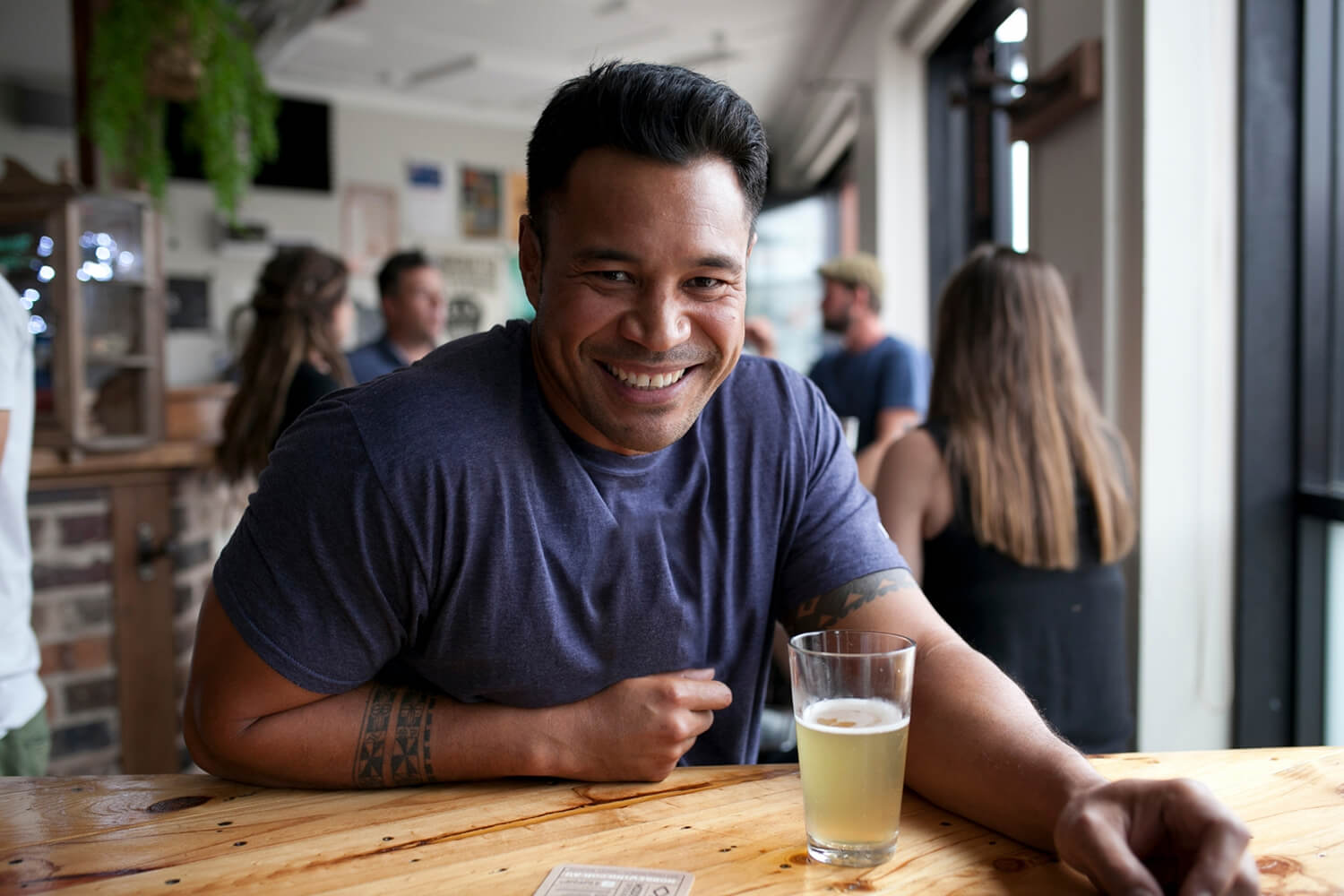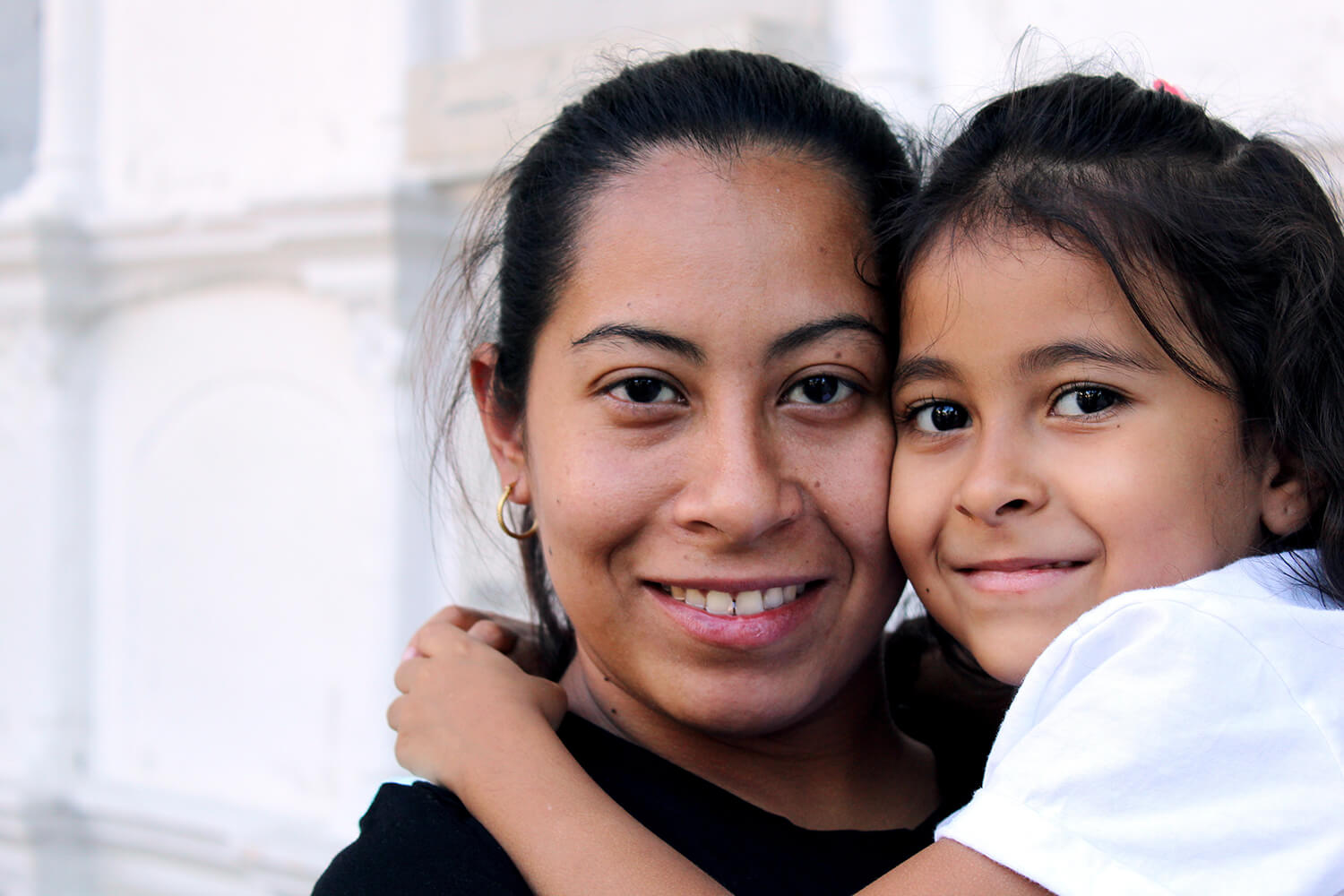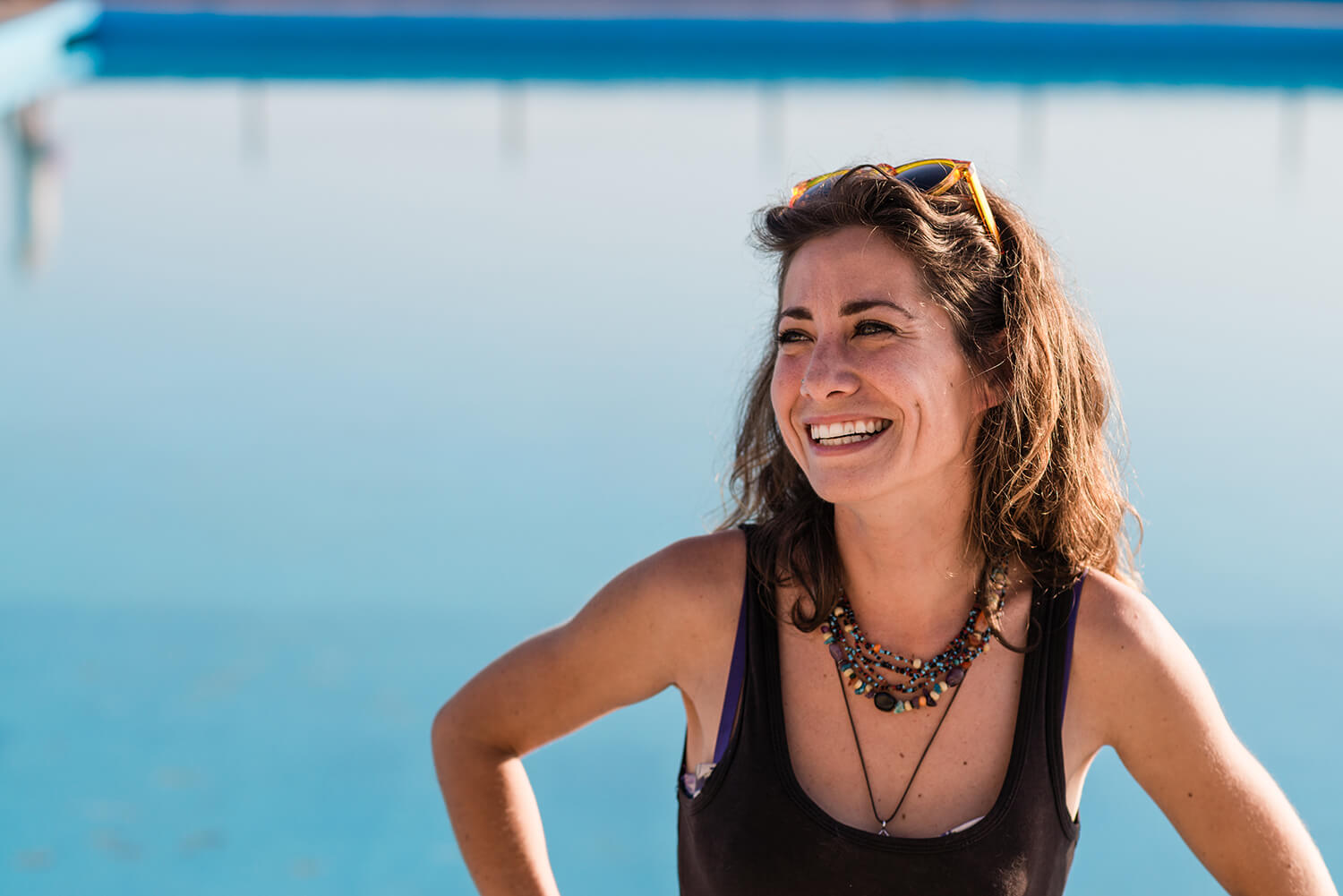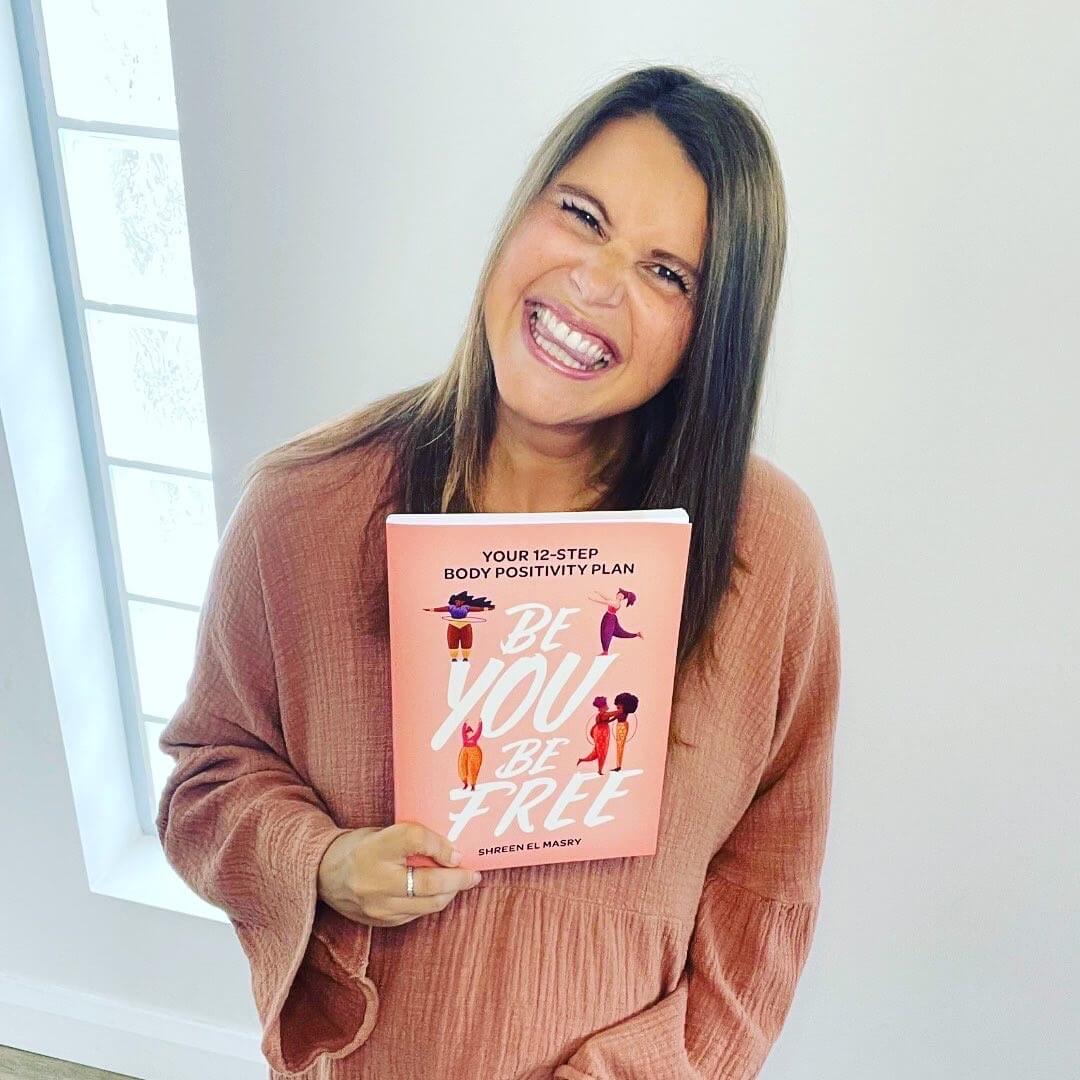Learning to take care of my mind – my story of asking for help
I am really open that I speak to a counsellor to support me with my mental health. I put off getting help for so long was because I thought I wasn’t sick enough.
I knew that there were people going through things that were much worse than me. So what if I felt a little guilty after eating? I have heard plenty of people tell me that they feel guilty, that’s ‘normal.’ I know now after all my studies in nutrition and mental health, and a lot of reading and research, that it isn’t normal. We don’t have to have these thoughts around food and our bodies.
I had no idea what to expect at my first counselling session. When I walked into the room she asked, “how are you?” Such a simple question. After a couple of minutes of pleasantries, I was expecting all the advice to come pouring in, but it didn’t. She asked questions about my family, my friends and everything just naturally poured out.
It took a few sessions for me to feel completely comfortable to be vulnerable. The first session was fine, we talked and I left feeling like my thoughts were validated. I was unsure if I wanted to continue.
I went back a couple of weeks later and we chatted some more, and then a couple weeks after that. What I realised was the importance of consistency. After the fourth session I was walking away with more strategies, I was more open, and I was actually starting to see changes in the ways I view situations in my life.
Growing up in diet culture
Recounting our stories can be challenging. Growing up, I overheard phrases like, “I’m watching my weight” and “I’m trying a new meal plan” be casually thrown into conversation. I watched people in my life measure their cereal and milk every morning and always refuse dessert at parties.
I watched them check their body in the mirror for changes. I watched them weigh themselves. I saw the disappointment in their eyes when the scales didn’t reveal a number that was lower than what they desired.
When a young person watches one of their role models engage in diet related behaviours like food restriction, weighing themselves, and body checking, it ‘normalises’ them. It equates weight with worth. This mentality stuck with me right through my adolescence and early twenties.
It was hard to describe this to my counsellor. I didn’t want to paint an unfair picture of my family. They always spoke so positively about my body. They provided a safe, warm, and nurturing home for me to grow up in. They encouraged me to follow my passions, to try new things, and to stand up for myself.
When it came to dieting and the way they spoke about their body, they were doing the best they could with the information they had. I don’t blame them at all for the experience I had with my body when I reached my late teen years and early twenties.
Asking for help
I started counselling while I was completing my Bachelor of Health Sciences (Nutrition and Dietetic Medicine). We talk about my past, but she also supported me through my studies and gave me new strategies to manage my mental health. In the past, my way of managing uncertainty was to control my body. This was not sustainable and was only hurting my physical and mental health.
Uncertainty is part of life and there had to be another way. Counselling has helped me discover new ways to manage my mental health. In the beginning I had a session with my counsellor every two to three weeks. After that, I moved to a session every three months. Then back to every two weeks again. Sometimes, new issues come up, and I will book in an extra session. There is no right or wrong.
I am so grateful for my family, my friends, and my counsellor for listening to me and supporting me. They made, and continue to make, me feel seen and heard. They are approachable and warm. When I saw the impact that good nutrition, a healthy relationship with food and my body had on my life I was so eager to share that message with others.
Body celebration
The message I really want to send to young people, and the people in their lives, is the importance of body celebration. What is body celebration you might ask? Body celebration is about intentionally setting aside time to fully embrace your body as it is today both physically and mentally. There are endless ways to do this.
Research shows that the activities that promote the most body acceptance are those that integrate the mind and body. This includes things like playing a sport, learning a musical instrument, painting, cooking, and dancing.
For me, cooking is one of my favourite hobbies. I love learning how to cook and prepare new foods and sharing that with my family. It is particularly special when I get to do this with my nonna because she does everything by hand. Over Easter, I had the important job of making the dough for the 15 cakes and all the biscuits we were making. I tell you, standing over a table that is way too low for four hours will give you real appreciation for your shoulders and back.
Here are some of the ways I like to celebrate my body, I hope there is one on there that inspires you to try this week:
- Colouring
- Swimming
- Kicking around a ball
- Pilates
- Walking
- Having a gelati
- Cooking
- Seeing my counsellor
We need to remember to be kind to ourselves. We only have one body, this is it, we need to take care of it and appreciate all the wonderful things it does for us every day! Taking care of our body also means taking care of our minds. Asking for help and sharing when we are struggling are just as valuable as the things you would do to support your physical health.
There really is no shame in seeking support. We can gain so much from it. Your mental health matters and is inextricably linked to your physical health. There isn’t a set of criteria you need to meet to be worthy of support. Recovery is possible. You can move forward. There is support available. You are worthy of living a life free from guilt and restriction.
Enough from me, I’m off to celebrate my body by walking along the beach with a gelati in hand! How are you going to celebrate your body today?
Written by Angelica Pupillo
Angelica Pupillo (she/her) is a Clinical Nutritionist (BHSc) and the founder of This is Your Body. She is passionate about helping teens build a joyful relationship with food and their bodies through fun and engaging workshops and by supporting teens one-on-one.
Get support
If you’re struggling with your relationship to food, exercise, weight or appearance, remember that Talking Helps. Reach out to Butterfly’s National Helpline counsellors 7 days a week, 8am-midnight by calling 1800 ED HOPE (1800 33 4673), chat online or email support@butterfly.org.au. In a crisis, call Lifeline on 13 11 14 or 000 in an emergency.
To find qualified eating disorder professionals and practitioners, search Butterfly’s Referral Database.
Share your lived experience
Hearing from those with lived experience of eating disorders, disordered eating or body image concerns can help provide hope, motivation and the reminder that full recovery is possible. To share your lived experience like Angelica, join Butterfly’s Lived Experience Network, the Butterfly Collective. No matter where you are at in your journey, everyone in Australia over the age of 16 can join.




